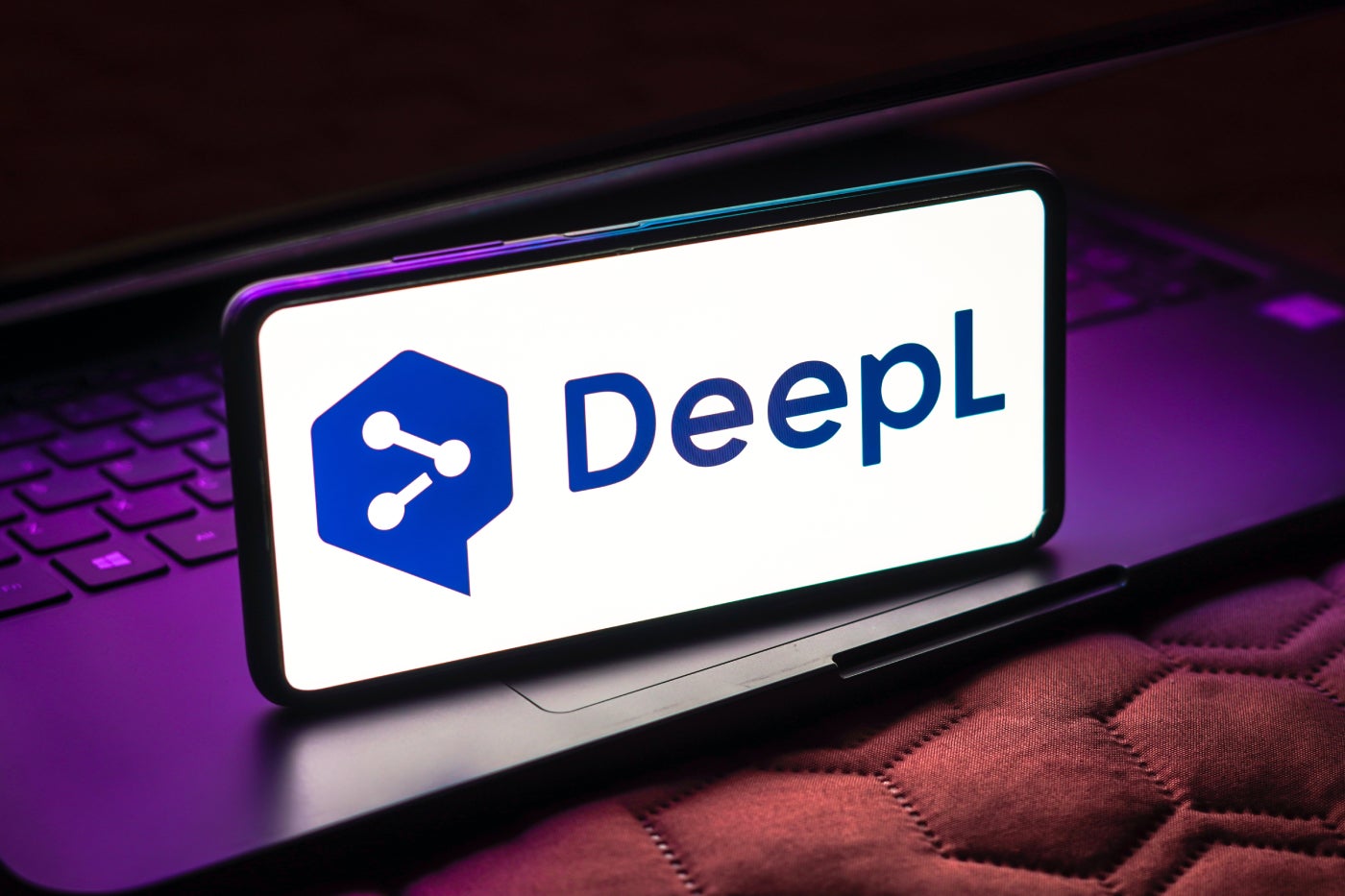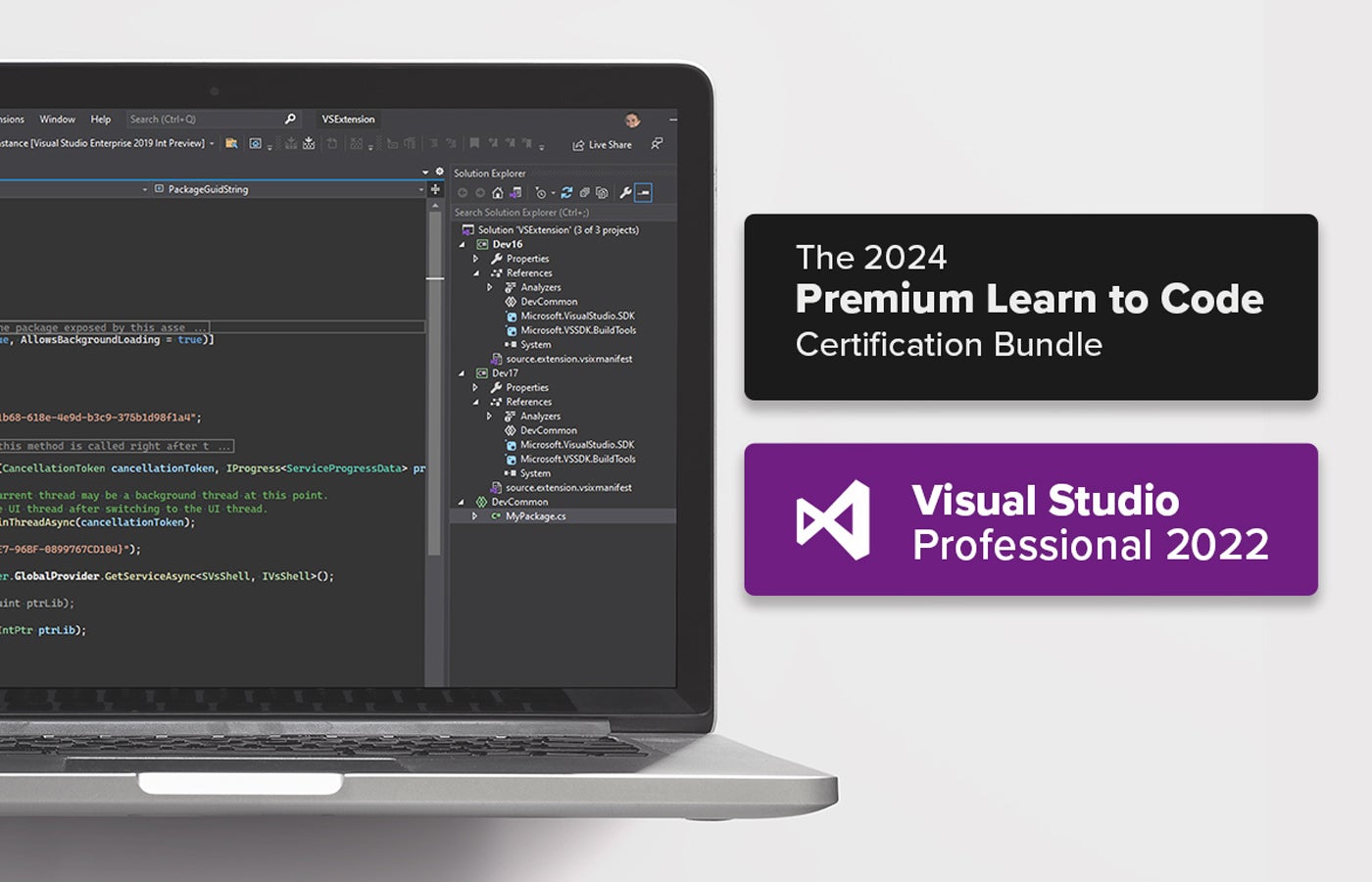
Tech employees in APAC know working in the region can involve struggles with language. While most cross-border business is conducted in English, there can still be difficulties communicating, which can lead workers to turn to offerings like Google Translate or ChatGPT for help.
The same goes for enterprises looking to win business in the languages of the region. Jarek Kutylowski, founder and chief executive officer of DeepL, said the firm’s natural language processing AI model offers natural language translations in 32 languages, thanks to years of development and fine-tuning since launching in Europe in 2017.
With additional APAC languages on its roadmap for 2024, DeepL is expanding its footprint into Australia and Singapore, with key business use cases including translation for cross-border business growth. Its Pro subscription (starting at US$8.74 per user per month, rising to US$57.49 for an Ultimate package) and API Pro (beginning at $5.49 per month) allow businesses to translate documents at scale or integrate translations within their workflows.
Founded in Germany, DeepL’s globalisation drive saw it choose Japan and South Korea as its first markets in Asia. This was due to the countries’ strong economies and business connections with the rest of the world, as well as significant language barriers, which supported high volumes of translation use cases.
DeepL’s APAC push will see this market presence expand to Australia and Singapore. With a number of local languages under its belt, including Simplified Chinese and Indonesian, in addition to English, Japanese and Korean, Kutylowski said the firm was looking at adding “some of the bigger Asian languages where we don’t have coverage yet” soon.
SEE: How Australia is adapting fast to the world of generative AI
With over 900 employees globally, DeepL is currently used by 100,000 businesses and organisations worldwide, in addition to millions of individuals. With a growing business user base in Japan and South Korea, DeepL hopes its regional expansion will add to its revenue base of 1 million paid licenses.
DeepL’s focus on providing natural language translations comes down to the difference between translation “accuracy” and “fluency” in language communication, according to the company.
“In a business setting, one main aspect is whether something I have written is correct. But it is not only correctness businesses want in communication; they want to persuade, motivate, communicate clearly and influence in the languages they communicate,” Kutylowski said. How native it feels, how natural, is super important.”
DeepL achieves a high level of natural fluency in target languages in two main ways:
DeepL is available as a free web application on its website (Figure A) and can also be used as a browser extension. However, for businesses, DeepL’s growing presence in APAC is ultimately aimed at driving interest in DeepL Pro and API Pro subscriptions, which both offer advanced features designed to help local businesses scale and integrate translation securely.
Figure A

In addition to natural language translations, DeepL’s Pro subscription offers:
DeepL’s API Pro subscription offers access to DeepL’s REST API along with data security and no volume restrictions, though users pay a usage charge of US$25 per 1 million characters. The subscription allows businesses to integrate DeepL’s translation functionality with things like websites, apps and internal communication tools with a few clicks.
There are a lot of possible use cases for DeepL. “Potentially, there are so many different jobs that are being done by our users. They might be writing in Gmail, writing a note in Salesforce, or creating a document in Microsoft Office — the use cases are very broad,” Kutylowski explained.
The translator can be used on the website itself. However, it can also be accessed through browser extensions, which can immediately translate anything entered into a web browser that works with common software tools like Google Docs, Microsoft Office or Salesforce.
DeepL also works with customers to integrate translations into their own systems and workflows. Kutylowski gave the example of companies where DeepL is integrated and works in the background of customer service centres, providing customer service with instant translations.
DeepL is seeing two main groups of business use cases for its subscription offerings.
Companies that want to expand into new markets in non-native languages are able to use DeepL to support their activities. This can mean not having to immediately hire translators, or onboard agencies, representatives and customer support agents who are fully fluent in the native language.
“You can take your existing team and equip them with a tool that helps them to talk to customers or potential customers, and use this to enter new markets,” Kutylowski said. “For example, it can go as far as pre-translating whitepapers or materials for customers to get onboarded on their own solutions.”
Some multi-jurisdictional businesses find language barriers a problem internally. Kutylowski said the tool can make sure daily communications like emails are written quickly in a native language and translated immediately, with less effort and time necessary for users.
24World Media does not take any responsibility of the information you see on this page. The content this page contains is from independent third-party content provider. If you have any concerns regarding the content, please free to write us here: contact@24worldmedia.com
Latest Posts

Citadel Securities blasts Trump Media CEO over DJT short sale letter

Language AI Pioneer DeepL Targets APAC Businesses With Pro Translation Options

London trio eyeing deal for Premier League striker

ECB June rate cut looks increasingly likely but still caveats: Joachim Nagel
Liverpool tracking Egyptian winger Omar Marmoush

Tech Worker Salary Growth in Australia Has Normalised

Peloton removes free app membership

Learn How to Code and Get Microsoft Visual Studio for Only $54

Man Utd make transfer decision on injured striker

A nutritionist shares her simple diet for optimal health

Arsenal set to lose highly-rated midfielder this summer

Can Microsoft Copilot Write Simple SQL Commands for You?